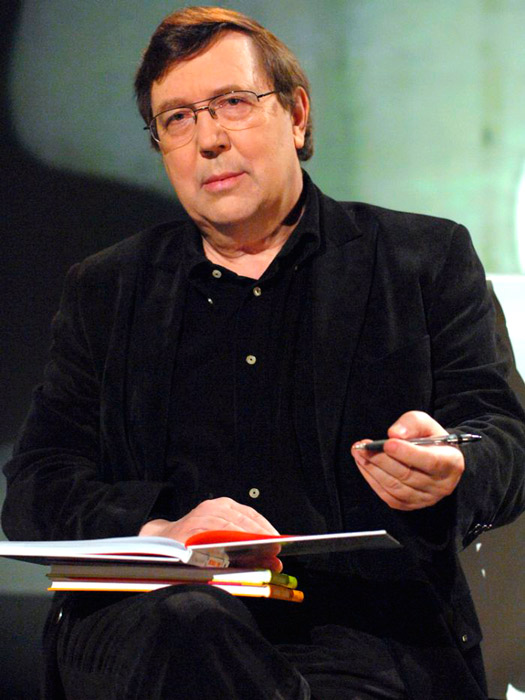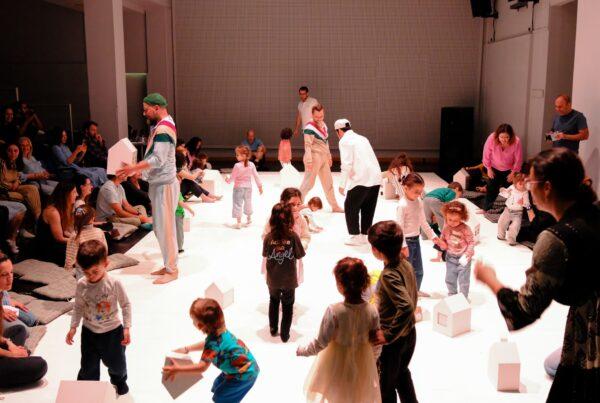By Maciej Wojtyszko
 There’s a long tradition of ASSITEJ theatre camps in Poland. An astonishing number of small projects are realised at each camp (at least two each day) and they provide an opportunity for young people aged 16 -22, who during the school year attend drama clubs, theatre schools or are award winners of drama competitions, to come together.
There’s a long tradition of ASSITEJ theatre camps in Poland. An astonishing number of small projects are realised at each camp (at least two each day) and they provide an opportunity for young people aged 16 -22, who during the school year attend drama clubs, theatre schools or are award winners of drama competitions, to come together.
As a member of the jury, a director and children’s playwright it was with great pleasure that I participated in these camps, for even though I had to dedicate two weeks of my holiday they also delivered so much positive energy and material for consideration, that looking back now I can’t be sure whether I taught others more or whether I actually learnt more. (Particularly during the camps to which I took my own children when they were growing up.)
An especially valuable aspect of the camps was that apart from being given a lot of theoretical advice, teenage playwrights were able to see how their texts sounded in public.
And so it was, until one year Poland became part of the European Union.
During one of the camps we realised that there are many Polish teenagers living outside of Poland who are looking for contact with Polish culture.
We decided to help them in this. Each year we run the “Young translators” competition, the rules of which are really ever so straightforward. To enter, the contestant must choose a short single page of literature from the country they currently live in and translate it into Polish, additionally they also need to submit a second page of translation of Polish literature into the language of that country.
The best translators are then invited to take part in our camps. A translator who can see the aesthetic value of a text is a treasure and worth looking after from a young age!
After eight years of this competition I am proud to be able to say that we have “our own” translators of Polish literature in Italy, Lithuania, Ukraine, Belorussia, Germany, Czech, Great Britain and Paraguay.
Furthermore, they know contemporary Polish playwrights personally and are aware of what is happening in theatre in Poland and in their own, adopted countries.
Obviously, the first thing is to have well-organised and carefully considered youth theatre camps. However, once this step has been achieved I can sincerely recommend the “young translators” project to every country. Our modern day Tower of Babel has long way to go yet in overcoming problems in translating literature and no computer programme will ever be able to take the place of a sensitive, creative translator.
There is no patent for this project.




